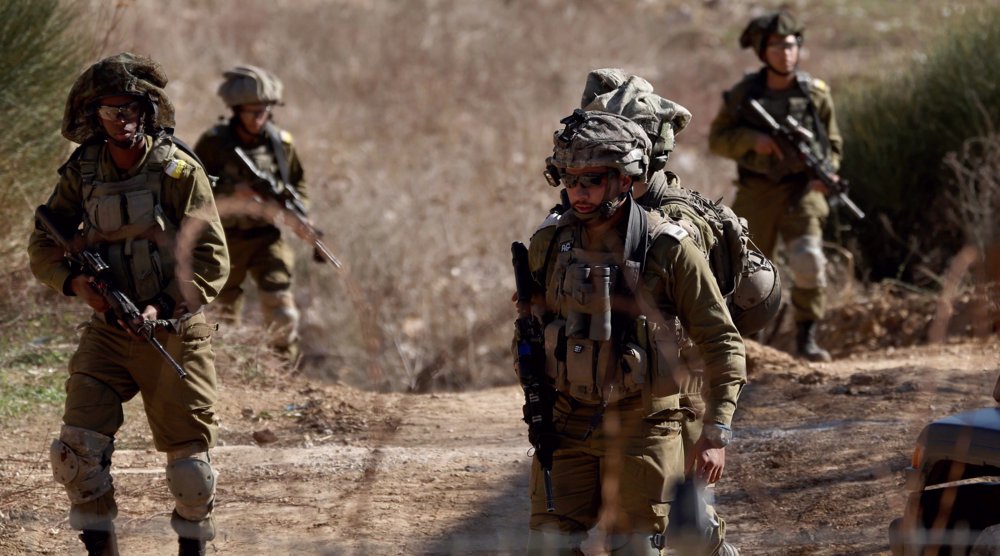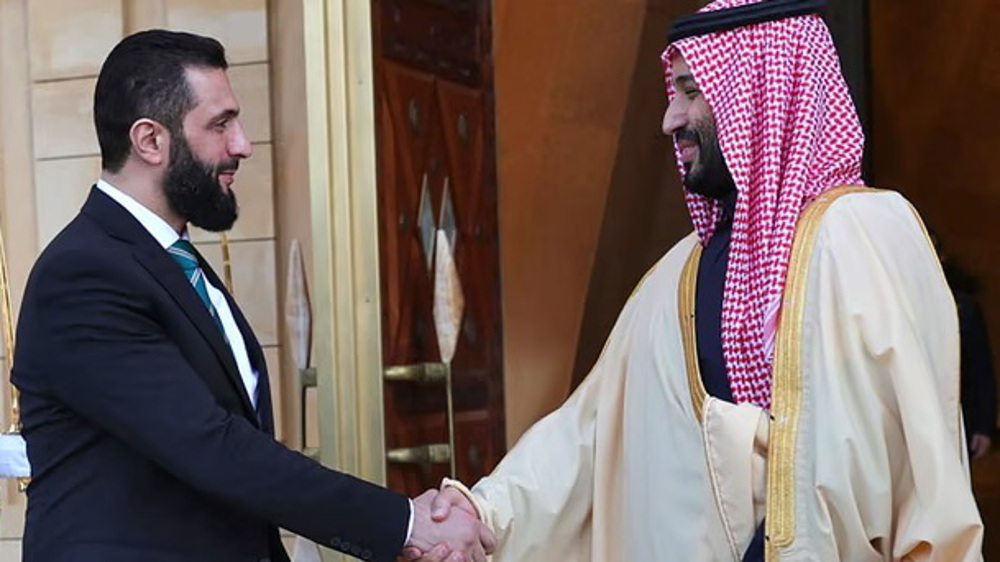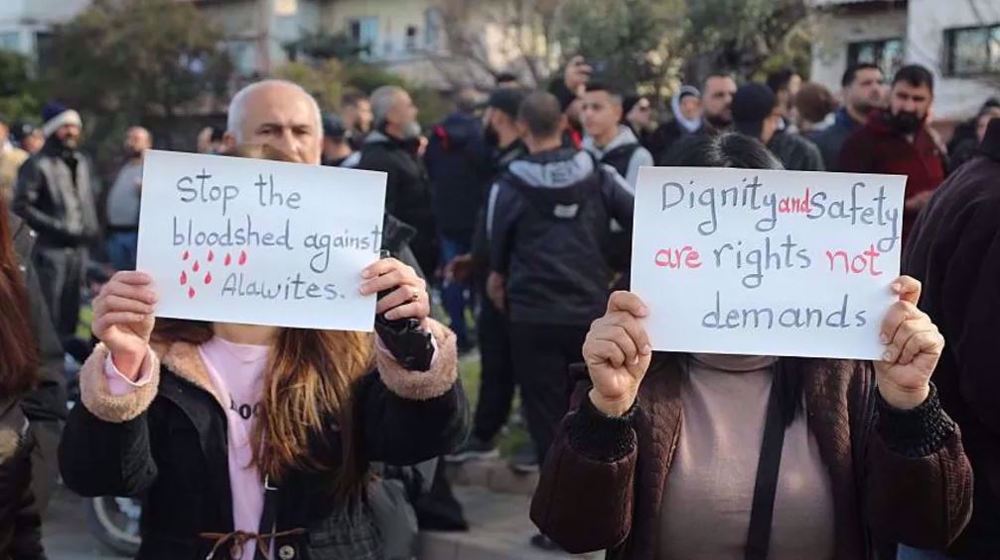Lavrov visits Saudi Arabia as Assad foes lose heart
Russian Foreign Minister Sergei Lavrov is paying a working visit to Saudi Arabia, the latest country long at odds over Syria which seems to be coming to terms with President Bashar al-Assad at the helm.
Lavrov is visiting Saudi Arabia and Jordan during September 9-11, Russian Foreign Ministry spokeswoman Maria Zakharova said. He was received by King Salman bin Abdulaziz Al Saud in Jeddah and had talks with Saudi Foreign Minister Adel al-Jubeir.
The Saudis hosted a meeting of Syrian opposition factions last month, pushing for an accord between the main anti-Assad group that Riyadh has backed, the High Negotiations Committee (HNC), and two other blocs closer to Moscow.
A Saudi shift would mark a fresh blow to militants who have seen Assad regain control of much of the country in the past two years.
Lavrov was in the Persian Gulf last week for a tour that included a stop in Qatar, another major backer of the militants. He said that while differences remain, there’s overall interest in ending the war.
Earlier this year, President Donald Trump’s administration allegedly ended a military aid program for the militants. Turkey, another key backer of the militants, has also come round to working with Russia and Iran toward a ceasefire.
“Saudi Arabia may be the latest country to give up on regime change in Syria and fall in line with Russia’s successful campaign to shore up President Bashar al-Assad,” Bloomberg said.
It added that indications pointed to an incipient cooperation between the kingdom and Russia “over a settlement that would leave Assad in place for the time being.”
“I see a shift in Riyadh’s position,” said Qadri Jamil, a former Syrian deputy prime minister and one of the leaders of the Syrian Popular Front for Change and Liberation, one of the two other blocs.
The Saudis have steadfastly supported the ouster of the Assad government since 2011, pouring arms and funding militancy in Syria. Assad's foes, however, are losing heart in the face of back-to-back government advances and realizing that they have to live with the Syrian government.
Earlier this week, the Syrian Army and its allies broke Daesh’s three-year-long siege over the strategic northeastern city of Dayr al-Zawr. Elsewhere in the country, other factions have been pegged back into ever-smaller enclaves.
According to Mustafa Alani, head of the defense and security department at the Persian Gulf Research Center in Dubai, the Saudis "don’t have a problem with the idea that the regime can stay.”
Yahya al-Aridi, a senior figure in the firebrand HNC, said his faction was “worried” that the Saudis would reach an accommodation with Russia. “There’s a vicious campaign to rehabilitate the Assad regime,” he said.
Observers say one motivation for rapprochement with Russia is the Saudi desire to counter Iran's role in the Syrian victories.
Iran and the Lebanese Hezbollah movement have played a major role in the military turnaround which is now favoring Assad. As the prospect of removing Assad recedes, his enemies are switching focus.
For the Saudis, “the regime is no longer an issue, even the president is no longer an issue,” Alani said. “The problem is the question of the Iranians on the ground.”
However, Russia sees Iran as a strategic ally in the Middle East. Analysts say Moscow knows well that any effort that undermines Tehran's role would eventually work to the Russian detriment, where the US and Israel would get a chance to oust the Syrian government.
Freedom of speech, right to protest under assault in UK
Border guards seize cache of weapons, ammunition near Iran-Afghanistan border
Grok to power classified programs as Musk's xAI secures deal with Pentagon
Iraqi FM tells US envoy: Government formation ‘internal matter’
Israel killed Gaza aid workers in ‘execution style’ massacre in 2025: Report
Participation shrinks at Israeli arms expo in wake of Gaza genocide: Report
Venezuela calls on UN to pressure US for Maduro’s immediate release
Hamas: Israel seeks to break Palestinian abductees’ will through abuse














 This makes it easy to access the Press TV website
This makes it easy to access the Press TV website